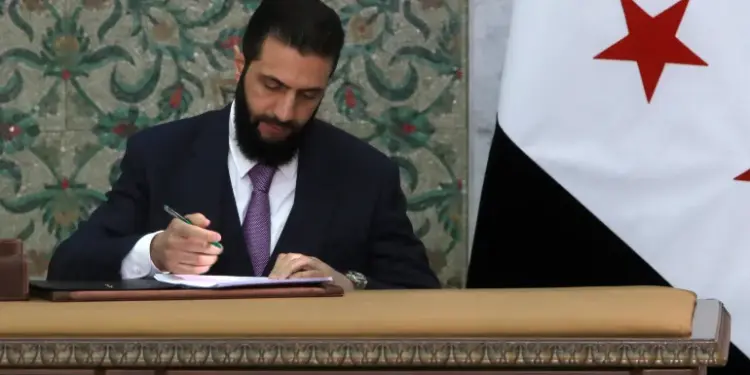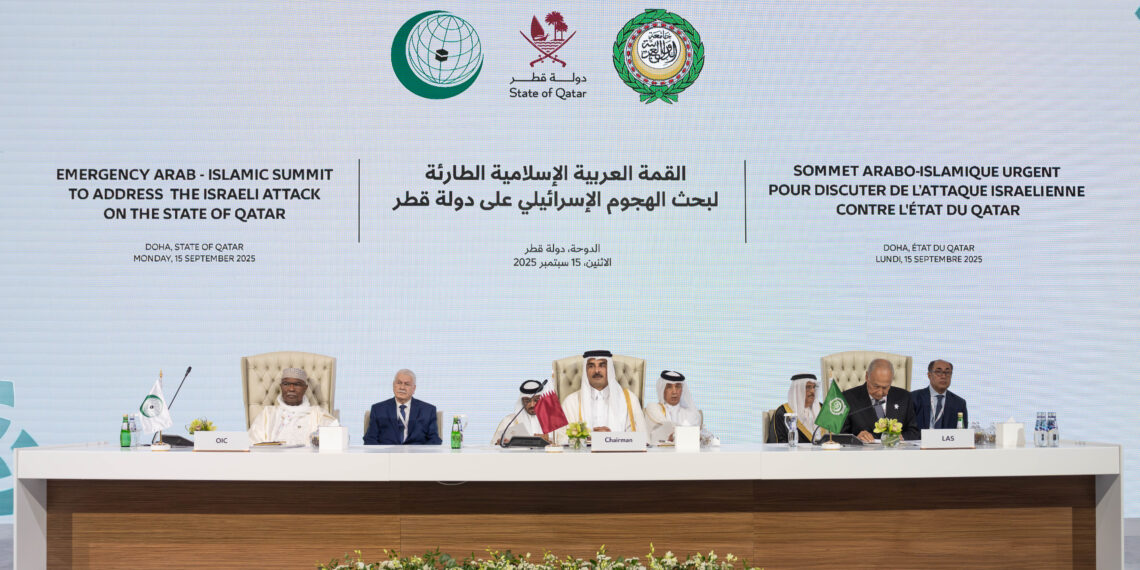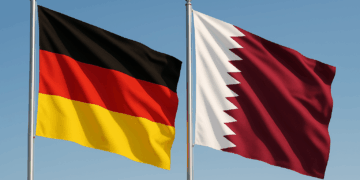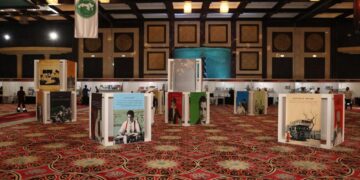The Syrian Presidency published the text of the country’s new Constitutional Declaration, signed by President Ahmed Al-Shara.
The Constitutional Declaration emphasized “complete sovereignty” and “geographical unity” of the Syrian state’s territories, establishing the foundation for “a political system based on the principle of separation of powers,” with the transitional period set at 5 years.
The declaration stated that “Islam is the religion of the state,” noting that “the personal status of religious communities is protected and regulated by law.” It also affirmed the state’s commitment to “combating all forms and types of violent extremism while respecting rights and freedoms.”
Article 9 of the declaration stated that “the army is a professional national institution tasked with protecting the country, maintaining its security, safety, and territorial integrity in accordance with the rule of law and the protection of human rights.” It further stated that “only the state may establish the army, and it is prohibited for any individual, entity, authority, or group to form military or paramilitary units, organizations, or factions, with arms restricted exclusively to the state.”
The text emphasized the state’s commitment to “achieving coexistence and societal stability,” preserving “civil peace,” and “preventing forms of sedition, division, incitement, and provocation of violence.”
The Constitutional Declaration noted that the official language of the state is “Arabic,” but affirmed that “the state guarantees the cultural diversity of Syrian society with all its components, as well as the cultural and linguistic rights of all Syrians.”
The declaration stipulates “the state’s efforts to coordinate with relevant countries and entities to support the reconstruction process” and “remove obstacles to the voluntary return of refugees, displaced persons, and all forcibly displaced individuals.”
Article 10 states that “citizens are equal before the law in rights and duties, without discrimination based on race, religion, gender, or lineage.”
The declaration affirmed that the state “guarantees freedom of opinion, expression, media, publishing, and journalism,” and “safeguards the right to political participation and the formation of parties on national grounds in accordance with a new law.”
Article 21 highlighted that the state “preserves the social status of women,” “safeguards their dignity and role within the family and society,” and ensures “their right to education and work.”
The declaration stated that “the President of the Republic forms a high committee to select members of the People’s Assembly,” with this committee overseeing “the formation of subordinate electoral bodies, which will elect two-thirds of the People’s Assembly members.” The President appoints the remaining third of the Assembly members.
The People’s Assembly assumes legislative authority until a permanent constitution is adopted and new legislative elections are held, with the Assembly’s term set at 30 months, renewable.
The Constitutional Declaration also stated that the state “criminalizes the glorification of the Assad regime and its symbols,” considering “denial of its crimes, praise, justification, or minimization thereof as offenses punishable by law.”







